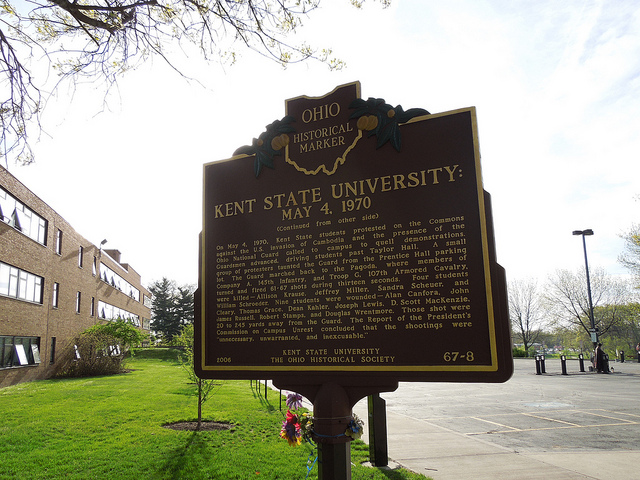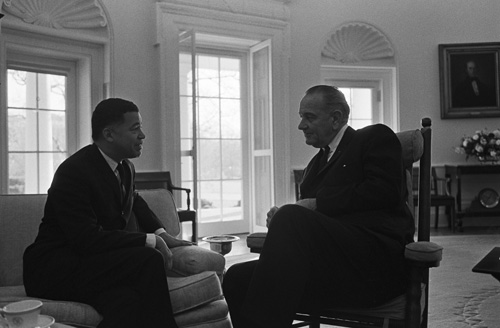
When documentary filmmaker Nina Seavey requested documents from the FBI under the Freedom of Information Act, she was told that it would take 17 years for all the documents she needs to be released.
Seavey, a professor and documentarian at George Washington University, took her case to court. Siding with Seavey, US District Judge Gladys Kessler ruled that it was unacceptable for Seavey to have to wait until the year 2034 to get the requested FBI records connected to surveillance of anti-war and civil rights activists during the 1960s and 1970s.
The policy for releasing documents under the FOIA by the FBI is 500 pages per day. Since the request is for 110,000 pages, the last page won’t be in Seavey’s hands for 17 years. Not acceptable, says Seavey, since she is already 60 years old.
The FBI, and the Justice Department testified that if they gave over documents more quickly than the 500 pages per month rate, the agency’s work flow would be disrupted. It is even possible that just a few large requests for documents could shut down the entire FOIA operation.
Kessler rejected the agency’s arguments saying:
“Neither proffered justification is persuasive,” Judge Kessler wrote. “In the name of reducing its own administrative headaches, the FBI’s 500-page policy ensures that larger requests are subject to an interminable delay in being completed. Under the 500-page policy, requestors must wait 1 year for every 6,000 potentially responsive documents, and those who request tens of thousands of documents may wait decades.”
“The agency’s desire for administrative convenience is simply not a valid justification for telling Professor Seavey that she must wait decades for the documents she needs to complete her work,” the judge added.
The judge’s final decision was that the FBI process 2,850 pages per month. At that rate Seavey will have all the documents in about three years.
Seavey is planning to make a documentary focusing on what she calls the “ripple effects” of the shooting of four student protestors at Kent State University in Ohio by national guardsmen on May 4, 1970. She is already going through documents that she received from the CIA and the National Archives.
“What I’m finding in this material is really astonishing,” she said. “I’d say it’s worth the wait, but I probably started this ten years ago.”


